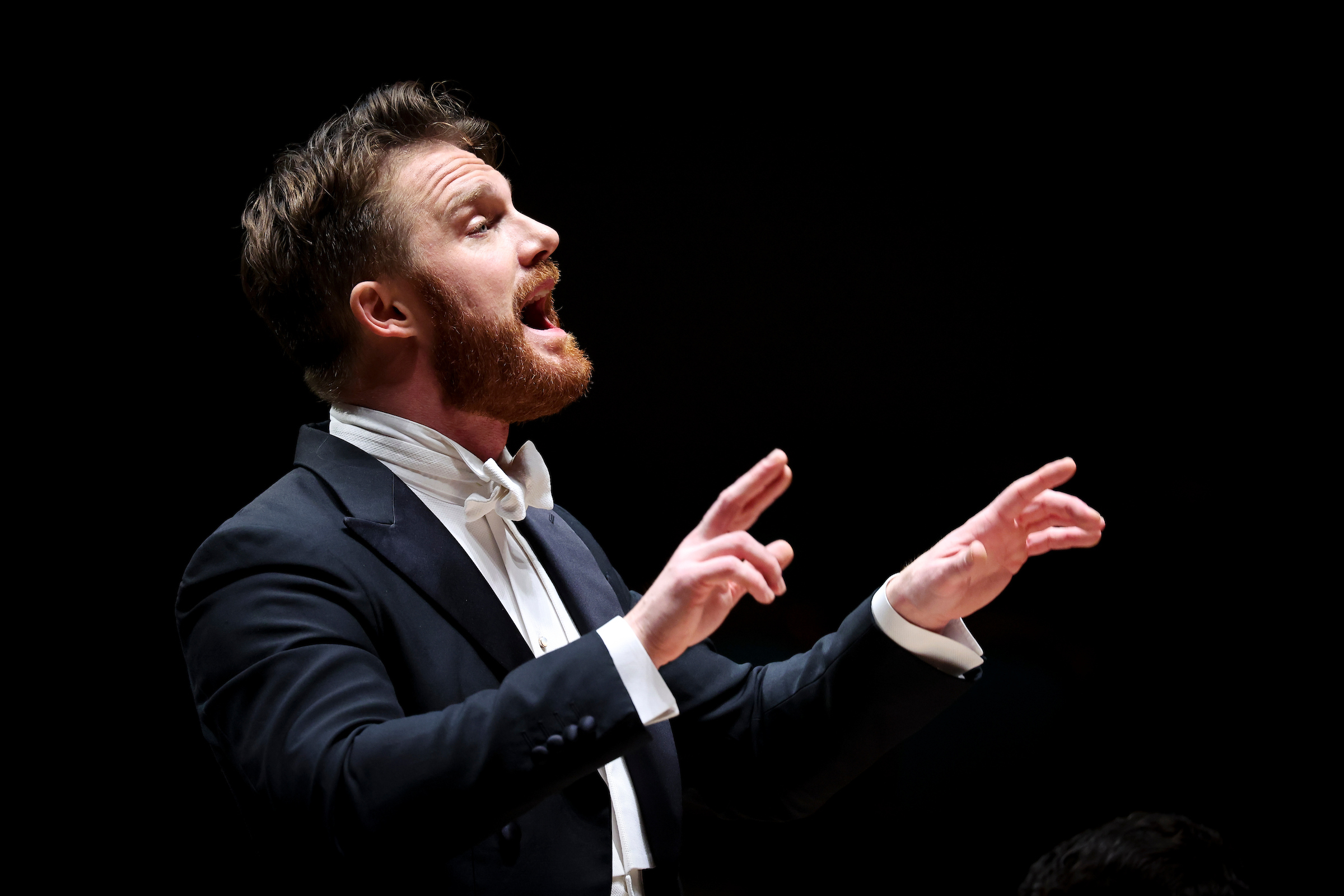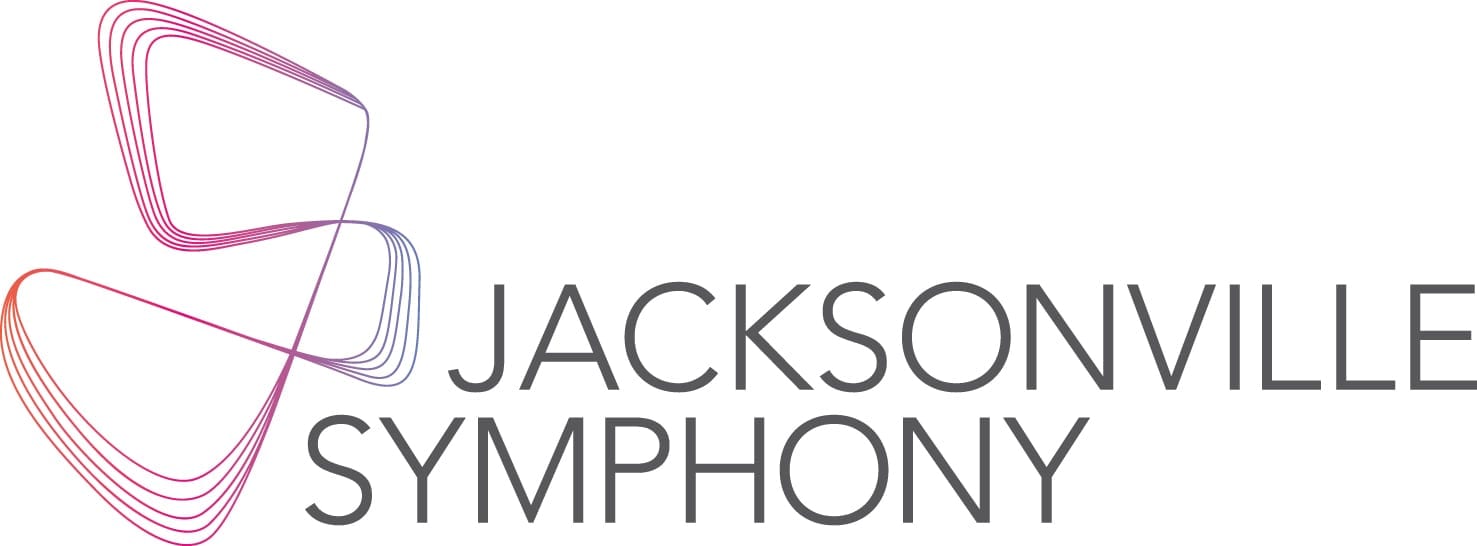
Photo by James Gilbert
Courtney Lewis, Music Director of the Jacksonville Symphony, Haskell Endowed Chair
Last season, the Jacksonville Symphony began a series of new commissions from today’s brightest composers. Building on the legacy of our Composer in Residence program in 2018, this series is very close to my heart. I think of the tradition of classical music as continuous and unbroken from the earliest Gregorian chants of the Middle Ages, through the Renaissance, Baroque, Classical, Romantic and Modern periods, all the way through to music being written today. It’s very easy for orchestral concerts to become museums to the past when they should really resemble comprehensive art galleries with art from every age, especially our own. It’s also very exciting to be involved in the first performance of a new piece with the composer in town. I’ve noticed that our audiences in Jacksonville also really enjoy this experience since the music has been composed especially for them.
That idea of commissioning music for you, the Jacksonville public, has been at the front of my mind when choosing the composers for our commissions. I selected composers I believe will speak directly to all of you and spark excitement about what new music can be. So often modern music can seem inapproachable, aloof and even incomprehensible. The goal of these commissions is to smash that stereotype and encourage a relationship between composer and audience that is friendly, engaging and exciting, just like the relationship that existed between Wolfgang Amadeus Mozart and Ludwig van Beethoven and their audiences.
We closed last season with our first commission by the British-American composer Tarik O’Regan. His piece, Trances, was a hazy memory of the music of his childhood, much of which was spent in Algeria. The music was electrifying, and you could feel the excitement in Jacoby Symphony Hall. Our second commission comes from the American composer Sean Shepherd. I’ve known Sean for years; his music has been performed by nearly every orchestra I’ve worked for. He is that very rare thing: an American composer whose music is played frequently in Europe. He’s very aware of being part of a tradition of modernism in classical music, of making the old new, which resonates with my own feelings about today’s music being connected to the past. And so, I was delighted when he told me about his idea for his new piece: something based on music from the English Renaissance, specifically the Fitzwilliam Virginal Book.
The Fitzwilliam Virginal Book is a collection of English keyboard music spanning the years 1562 to 1612. All the major composers of the day are represented: John Bull, William Byrd, Orlando Gibbons and Thomas Tallis, to name the most famous. It’s made up of short, mostly secular pieces, often with descriptive titles like “The King’s Hunt,” “Ah! my poor heart!” and “Bonnie Sweet Robin.” This was an incredibly fruitful period in English music and one that means a lot to me. Growing up as a chorister, I sang these composers’ church music every week, but I didn’t get to know their secular music, so I’m particularly interested to see how Sean dips into this repertoire and makes it his own. Speaking to him recently, he said he wants the piece to feel like “walking in and out of a painting at a museum.”
During the 20th century, many composers looked to music of the past for inspiration. Perhaps the most important of these was Igor Stravinsky whose middle period of neo-classicism constantly borrowed from the 17th, 18th and early 19th centuries. But there hasn’t been so much borrowing from the Renaissance, so this commission is especially enticing. Of course, I haven’t yet seen a score of Sean’s piece–it’s still being written–but we’ll be bringing it to life for the first time on May 19 and 20 in Jacoby Symphony Hall. I hope you can join us to find out exactly what he’s come up with, especially for Jacksonville.

